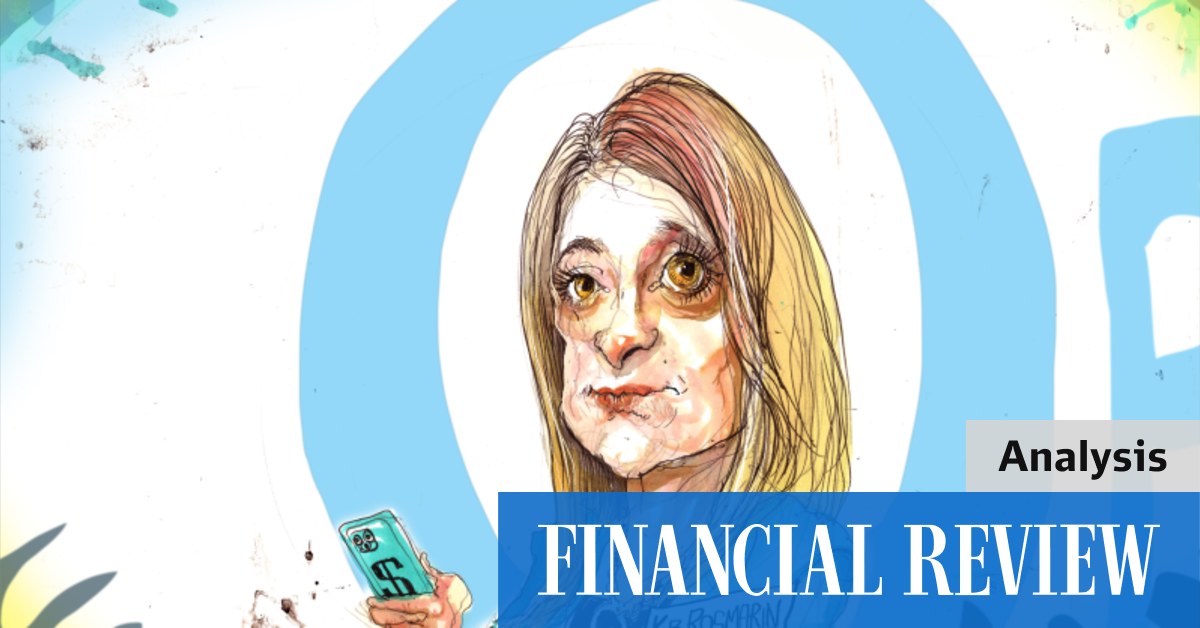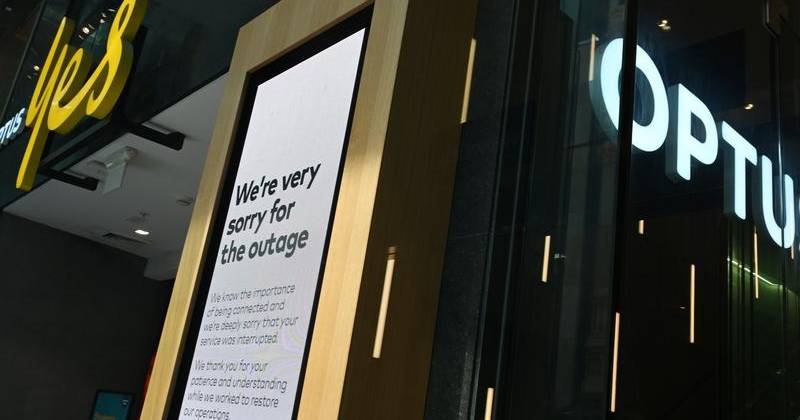It’s tempting to frame the way the two companies communicated as a study in contrasts.
Optus stayed essentially silent last Wednesday when its network went down, despite the media, like nature, abhorring a vacuum. Communications Minister Michelle Rowlands’ filled it, publicly telling Optus to be quicker in communicating with customers.
When Bayer Rosmarin eventually fronted the media as school children were heading to recess, she rolled out some obfuscatory waffle about the outage being too hard to explain, despite the media unpacking the likely cause.
DP World, meanwhile, has been praised by the government for its response. Federal cybersecurity co-ordinator Darren Goldie says he’s been speaking to the company every two hours. DP World and its consultants at CyberCX, which is carving out a boutique industry handling these crises, were giving out regular updates over the weekend. Ministers have spoken to DP World’s local chief, Nicolaj Noes.

DP World has better relations with government — despite its union battles — than Optus. Oscar Coleman
But that contact only started when Goldie was informed by DP World on Friday evening, a full workday after it detected the hack that morning. Media reports didn’t start pouring in until Saturday.
So it was slower than Optus to start talking, but it escaped the fury.
One reason: DP World’s outage didn’t start immediately affecting Australian consumers like Optus’ did because the ports are just one link in supply chains. Another is that the company has maintained a better relationship with the government.
But the most important one is reality because, to borrow a phrase, Optus had a PR problem because it had an actual problem.
Despite infamously describing its breach with subjective words like “sophisticated”, Optus has never publicly denied the hackers’ claim that they stole customer records because the company left them accessible via an unprotected API. It has since fought tooth and nail to keep an independent report into what went wrong quiet while the government has stood by its unequivocal statement that the hack was basic.
In the outage case, Optus has also not rejected the assertion that it didn’t have a proper redundancy or network separation when something played up. All of that says Optus is blundering far too often.
DP World has, for now, avoided public fury and professional scorn, but the real test is not its communication.
It’s how the hack happened and how quickly it can get the billions of dollars of imports and exports it handles, everything from medicines to car parts and kids toys, moving again. There are encouraging signs that is starting to happen.
As the government prepares to set new cyber standards for companies, including putting more obligations on telcos and disclosing ransom demands to authorities, some of the communications playing field after a hack will be levelled.
What will matter more than ever is whether a company like DP World can avoid killing Christmas.



